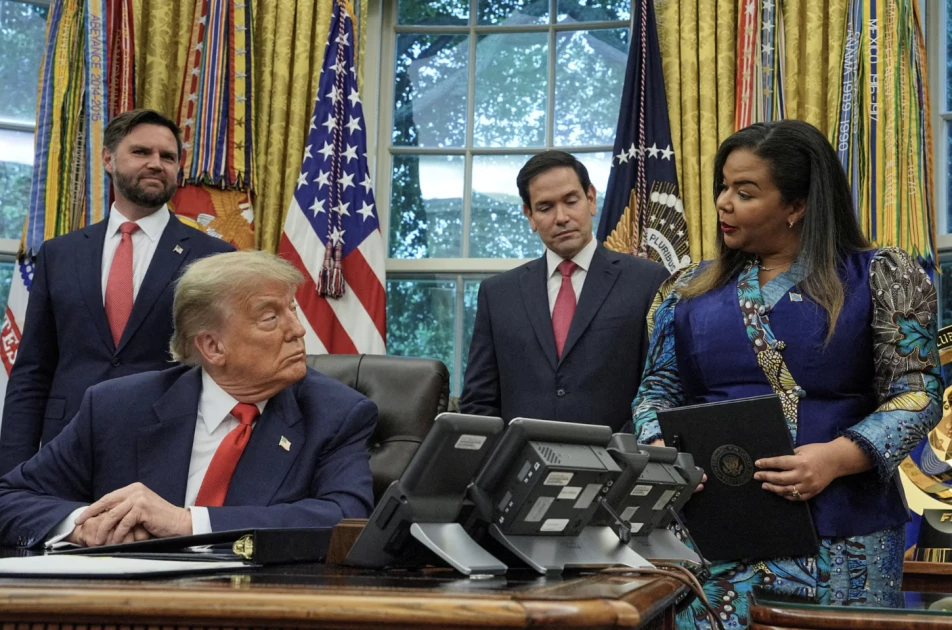The Democratic Republic of Congo (DRC) and Rwanda have taken a pivotal step toward rebuilding diplomatic and economic ties by outlining a new economic cooperation framework, the United States announced on Friday. The agreement, reached during their first joint talks since a landmark peace deal in June, signals cautious optimism for long-term peace and development in a region long plagued by violence.
Brokered with oversight from Washington, the accord seeks to introduce transparency and integration across key sectors such as energy, mining, infrastructure, tourism, and public health. The most notable aspect of the agreement is the planned regulation and oversight of supply chains for critical minerals like cobalt, coltan, and lithium resources that are vital for electronics and green technologies. The framework is expected to take effect by the end of September.
“This is concrete progress in advancing security and economic cooperation,” said Massad Boulos, U.S. President Donald Trump’s senior advisor on Africa, in a statement posted on X. He also emphasized that the cooperation is a critical component of the broader peace accord.
The mineral-rich eastern DRC has recently witnessed renewed conflict, particularly after the M23 armed group, allegedly backed by Rwandan forces, seized the strategic cities of Goma and Bukavu. On June 19, the DRC and M23 signed a declaration reaffirming their commitment to a permanent ceasefire, although analysts remain skeptical given the group’s entrenched control in the region.
The Kinshasa government also signed an agreement with U.S.-based Kobold Metals to explore for critical minerals, indicating growing international interest in the DRC’s untapped mineral wealth.
While the African Union and the United Nations have welcomed the peace and economic agreements, concerns remain. The UN reports thousands of deaths and widespread displacement in recent months. Moreover, Rwanda denies involvement with M23 and claims its security is compromised by the FDLR, a group linked to the 1994 genocide.
With August 8 set as the next milestone for comprehensive peace talks and a final accord expected by August 17, observers remain cautiously hopeful. Yet, the path to enduring peace remains uncertain in a region where militia influence continues to run deep.

